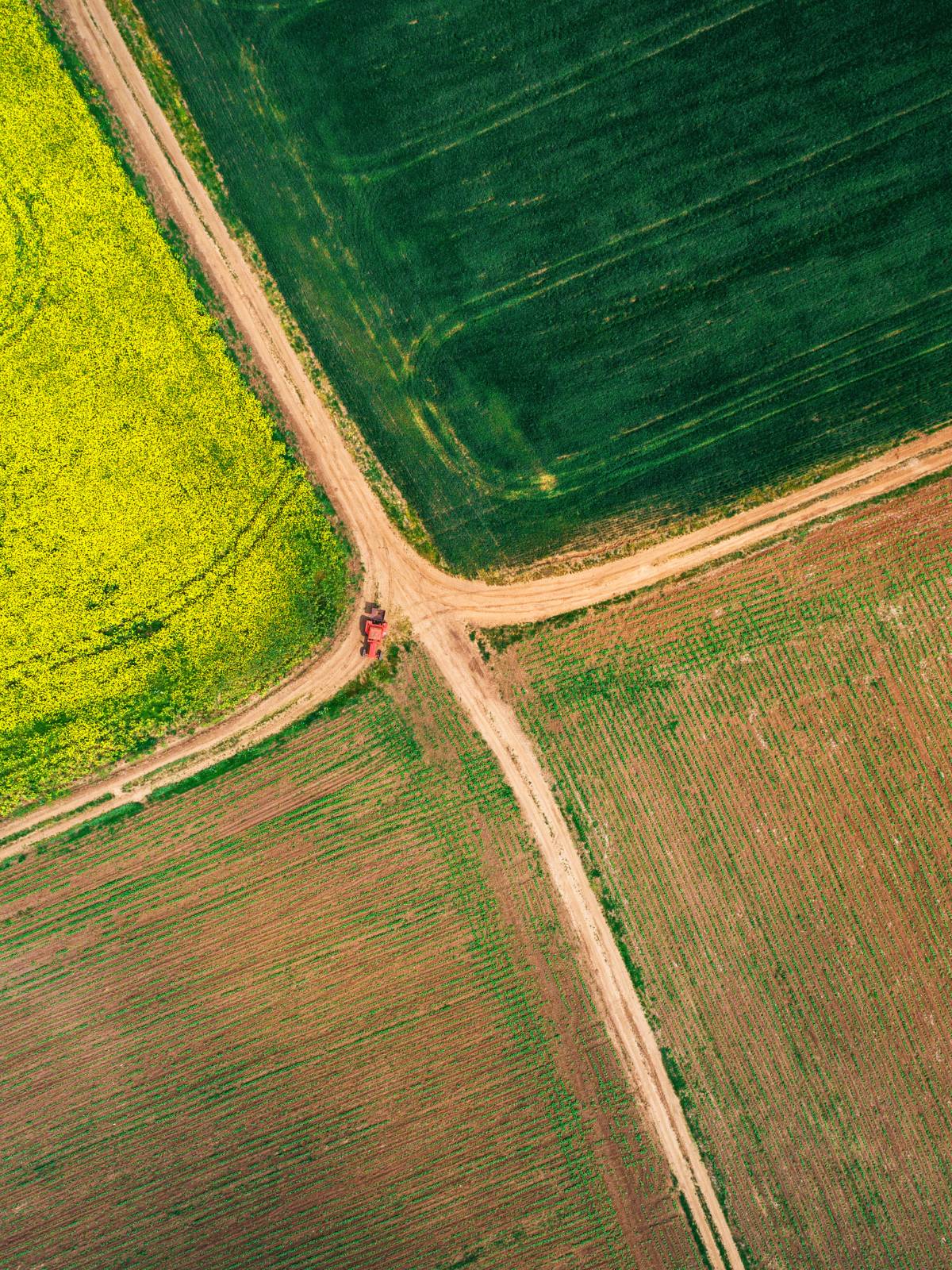Palm oil. Blamed for deforestation and the destruction of natural habitats, it has certainly earned itself a name as the bogeyman of sustainable farming. But is it the worst option out there? And how can we, as consumers, change things for the better?
Palm Oil in a Nutshell
Palm oil has become a huge industry, with 50 million tons produced every year. In fact, it’s become such a common ingredient in our lives, that it can be found in 40-50% of household products in the US, UK, Australia and Canada.
But what can be so terrible about such an innocuous substance? Well, common farming practises create many serious issues, including deforestation, removing important rainforest habitats, and contributing to climate change. If you think it doesn’t sound that serious, how about this: in the last 30 years alone, 90% of orangutan habitats have been destroyed due to palm oil production.
So palm oil is clearly a huge issue, but if we stop using it, will that actually resolve the problems for which it is blamed? Sadly, it’s not that easy.
To Boycott, or not to Boycott?
One of the biggest issues in relation to palm oil is whether boycotting the entire industry is actually the best way to reduce its negative impacts on the planet.
WWF have the stance that supporting Certified Sustainable Palm Oil is actually a better long term solution then boycotting the industry altogether. They argue that if demand for palm oil diminishes, companies will be forced to find alternative vegetable oils – many of which require much more land to produce, resulting in an increase in deforestation, rather than its reduction.
The Roundtable on Sustainable Palm Oil (RSPO) is a not-for-profit organisation who set the rules and regulations for Certified Sustainable Palm Oil plantations. The RSPO still permits palm oil production to occur on peatlands and cleared secondary forests, but is committed to producing palm oil without deforestation. However, they have been criticised by Say No to Palm Oil, who claim the RSPO have weak certification standards because of its multi-stakeholder dynamic.

So, what should you choose?
Whether you’re a strong advocate of products that boycott palm oil, or a supporter of Certified Sustainable Palm Oil, we know you will want to check out where your makeup bag stands in the discussion.
As always, Good On You are here to make it easier for you choose your purchases based on what’s important to you. So here’s a snapshot of products from brands rated in the Rainforest Foundation UK’s 2016 Palm Oil Guide, and others we have researched, to simultaneously reduce deforestation and spruce up your face.
Organic Black Eyeliner – Odylique by Essential Care
Classic black eyeliner is a staple in any makeup bag. This product, like all natural makeup by Essential Care products, is palm oil free, contains fair trade shea butter and the pencil is made from sustainably sourced wood.
Mineral Powder Foundation – Neal’s Yard Remedies
Mineral foundation is perfect for a light, silky finish. This product is palm oil free, however, Neal’s Yard Remedies does include CSPO in some of its products. They are 100% vegan and certified organic by the soil association.
Vegan Mineral Eyeshadow – Inika
Pigment rich eyeshadow in variety of vibrant colours! This product is palm oil free, although Inika do use CSPO derivatives in some of their products. This eyeshadow is certified vegan, halal and cruelty free.
Blush and Bronze – Natio
A palette of shimmering colours to give skin a soft, natural glow. Natio are an Australian brand who use Palm Oil derivatives only from suppliers that are members of the RSPO.
Lip Balm – Olieve and Olie
Luscious organic lip balm to keep your smile smooth and silky in the winter winds! Olieve and Olie lip balm is an Australian, palm oil free product, as advocated by Palm Oil Free Products, a licensed store of The Orangutan Project. Olieve and Olie use locally sourced olive and coconut oil alternatives to palm oil.
Colour Crush Lipstick – The Body Shop
A range of beautiful, bold colours for the perfect pout! The Body Shop International are members of the RSPO and all palm oil, and palm oil derived ingredients in their products are certified sustainable. Furthermore, this product is vegetarian friendly and cruelty free. It also uses Marula oil, a product sourced from Nambia, which, in conjunction with the Eudafano Women’s Co-operative, assists in providing jobs and a fair income for 5000 women in this region.
What’s your favourite sustainable makeup brand? Let us know in the comments below.
NOTE: Please note that we have tried our best to tick all the ethical boxes when recommending products, however, just because a brand uses CSPO or is palm oil free, does not necessarily mean that it has certified fair work conditions or does not use animal testing. You can check all elements of a brand or companies ethical ratings via Shop Ethical.




















